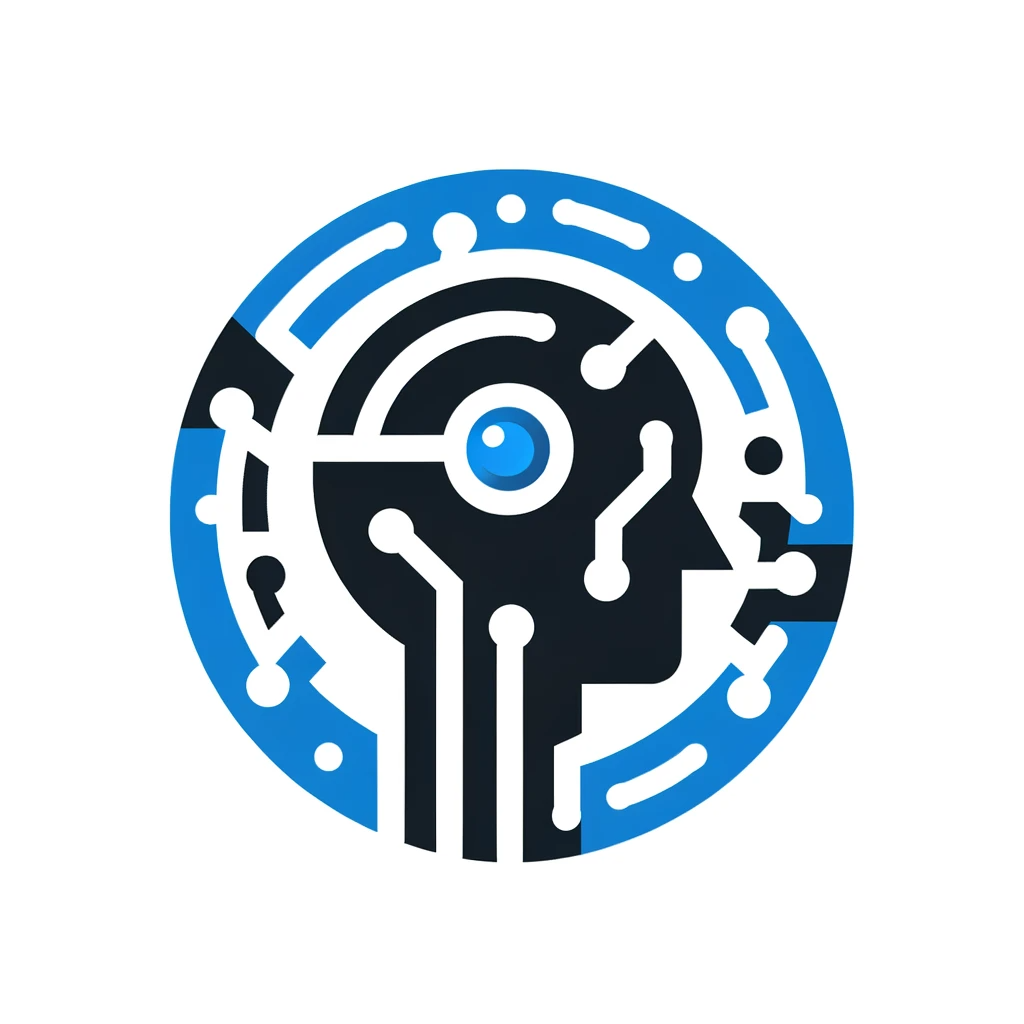In 2024, it is important to understand entity salience in SEO. This deep dive delves into entity salience, highlighting its importance in today’s SEO world.
This article explores the importance of entity salience for digital marketers, content creators, and SEO professionals. It is intended to help marketing professionals leverage entity salience to improve search engine rankings and online visibility.
Understanding Entity Salience
Entities and entity salience are critical for all digital marketing, content marketing, and SEO professionals to understand.
An entity can be any object or concept. It could be a person, place, time, business, product, or abstract ideas. Entity salience measures how central or important these entities are within the content’s context. Search engines consider entities to be more important when determining the relevance of content to a user’s search query.
Distinction between Entities and Keywords
Entities and keywords are similar concepts in some ways, but there are important distinctions between the two. Understanding the distinction between keywords and entities is crucial for effective strategy development.
- Keywords are specific phrases or terms traditionally used in search engines, guiding the foundation of traditional SEO practices. They are central to on-page optimization, content creation, and search ranking.
- Entities provide a higher-level, comprehensive understanding in comparison to keywords. Entities refer to distinct, well-defined concepts or objects, such as people, places, or things, recognized and categorized by search engines. Entities enhance semantic search, allowing search engines to interpret and respond to queries with greater accuracy and context.
Understanding the distinction between entities and keywords is vital. This distinction is crucial as search engines evolve to prioritize intent and context over simple keyword matching.
Current State of Entity Salience in SEO
The evolution of SEO has shifted from focusing solely on keywords to a more sophisticated and context-driven approach. This highlights the increasing significance of both elements in today’s digital marketing landscape. As of 2024, entity salience has become more important for SEO professionals than ever.
Google and other search engines have taken a step further by implementing advanced natural language processing (NLP) techniques. These techniques not only enable them to recognize entities within content but also assess their significance. Google even assigns a salience score to content, which measures the importance of an entity to the content text.
As a result, SEO has become more complex. The modern focus of SEO is creating quality content that resonates and is meaningful, instead of hyper-focusing on keywords.
Entity Salience and Google’s Algorithm
Keyword-focused SEO is obsolete, even if most agencies and tools still approach SEO with a keyword strategy.
SEO professionals who only use keywords are either inexperienced or haven’t kept up with Google’s latest search engine advancements.

Google’s NLP advancements have been a game-changer in understanding the context of web content. Google’s algorithm can accurately comprehend content by dissecting sentence structure, analyzing word relationships, and even grasping nuances and colloquialisms. This deep understanding is critical in evaluating the relevance and quality of content in response to search queries.
Google’s search algorithm is complex and can clearly interpret and calculate entities. Google’s search engine uses deep learning models to understand the content and context of web pages. These models help determine the underlying theme and the importance of the entities mentioned in the content, making sure they are used naturally.
Optimal entity salience shows Google that the content is highly relevant to a specific entity, which affects its search ranking. This makes understanding entity salience and ensuring content has the correct entity salience critical for SEO professionals.
Strategies for Optimizing Entity Salience
Identify Entities Relevant to Your Niche
To optimize entity salience in your content, start by identifying the key entities that are most important in your niche or industry. This requires understanding the language and ideas that your target audience values.
Tools like keyword research software, social media listening platforms, and competition analysis reports will help you find the important factors in your niche. This will allow you to identify the main entities associated with your content to build a strong SEO strategy.
Identify the main entities you will use. Then, find synonyms and related terms for each entity.
A key differentiator between an entity-focused SEO strategy and traditional keyword lists is the perspective of viewing entities as concepts that can be identified by multiple synonyms.
How to Enhance Entity Prominence
After identifying your entities, the next step is to enhance their prominence (or salience) in your content. This can be strategically achieved by incorporating entities into titles and headers, giving them greater visibility. The most important element is the correct contextual usage of entities in your content.
To make your content more appealing to search engines, include your entity and its related terms in your content. Optimize the density of these keywords, which may vary depending on the subject. These techniques will:
- Enhance the depth of your content
- Make your content easier for search engines to understand
- Improve your content’s SERP ranking
Avoid Entity Stuffing!
Remember always to avoid keyword stuffing — and entity stuffing! Search engines like Google can detect when keywords (and entities) are overused, used oddly, and/or are placed unnaturally in content. Search engines will penalize or downgrade stuffed-content in search results, and possibly penalize the entire website.
Write naturally and ensure keywords appear at a reasonable density of 2-3% or less of total word count. This balanced approach will optimize content for both search engines and user experience.
Best Practices for Structuring Content for Optimal Entity Recognition
Structuring your content to optimize entity recognition is another crucial aspect. Improving the layout of your content helps both readers and search engines. It makes your content easier to read and understand, and it also helps search engines to index it more effectively.
Grouping related entities can help search engines discern the relationships and context within your content. Schema markup helps search engines understand the meaning and purpose of different entities on your website, improving your content’s recognition and ranking.
Tools and Technologies for Entity Analysis
SEO professionals have many tools and technologies to analyze entities and optimize entity salience.
Google’s Natural Language API, for example, provides valuable insights into how Google perceives and interprets entities within content.
SEO software like SEMrush, Ahrefs, and Moz have NLP capabilities to help identify and analyze entities. Specialized content optimization tools provide feedback on entity usage and salience, allowing for more targeted optimizations.
How to Use These Tools to Improve Content for Search Engines
Effectively utilizing these tools involves regularly running your content through them to glean insights into how entities are being interpreted. Comparing your content’s entity usage with competitors can uncover opportunities for improvement or differentiation.
To have an effective SEO strategy that search engines and readers can easily understand (while providing a positive UX), it’s important to understand how evolving algorithms interpret entities.
Keeping up with the evolving trends in entity significance within your industry is crucial. Staying updated with new knowledge helps you adjust your content strategy to align with the best practices and preferences of search engines.
Integrating the insights gained from entity analysis tools into your overall SEO strategy is crucial for staying ahead in 2024. This means not just one-off adjustments but a continuous process of updating and refining your content. Planning new content with these insights ensures that your SEO efforts are proactive rather than reactive.
The Future of SEO with Entity Salience
Entity salience will become increasingly crucial in the future of SEO, as context and semantics play more significant roles as ranking factors. Search engines will continuously enhance their ability to comprehend human language. As search algorithms evolve and gain a better understanding of content context and significance, the importance of entity salience is anticipated to rise.

In the near future, optimal entity salience will be a pillar of SEO as search engines go beyond focusing on individual entities. Search engines will soon adapt to focusing on the relationships between entities in content. A detailed understanding of entity relationships will allow search engines to interpret content context with such detail that it will be able to determine how well content is written, content accuracy, expertise of content author, whether content is machine-written, and more.
This next-level understanding of content by search engines will necessitate entity salience as an essential part of all SEO. SEO professionals need to be ready to adapt to these changes and optimize for them.
Preparing for Future Changes in Search Engine Algorithms
Preparation for future changes in SEO and search engine algorithms is key to staying ahead in the evolving SEO world. It is essential to stay informed about the latest advancements in natural language processing (NLP) and artificial intelligence (AI). These state-of-the-art technologies play a vital role in enabling search engines to comprehend and analyze content accurately.
Digital marketers and SEO professionals need to focus on creating high-quality content that is relevant to the user’s needs, instead of solely relying on traditional keyword optimization.
Embracing a continuous learning approach and adapting to change are essential in this fast-paced environment. For future success in SEO, it will be crucial to take advantage of the latest SEO tools and carefully monitor the constantly evolving best practices.
Entity Salience in the New Era of SEO
As we’ve explored, the relevance of entity salience to SEO in 2024 cannot be overstated. Entity salience has become critical in how search engines interpret and rank content. SEO strategies need to change to accommodate a better understanding of content. The focus should be on the quality, context, and relevance of the entities in the content.
The future of SEO will continue to evolve with advancements in AI and NLP. Understanding and optimizing for entity salience will become increasingly important. SEO professionals must adapt and embrace new challenges to succeed in this changing landscape. Regularly review and adapt SEO strategies to align with the evolving capabilities of modern search engines.


